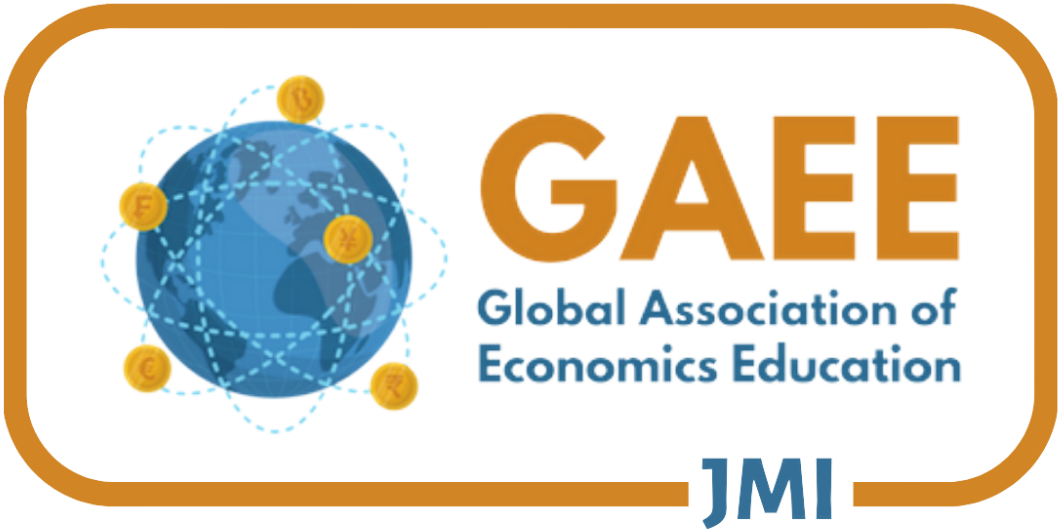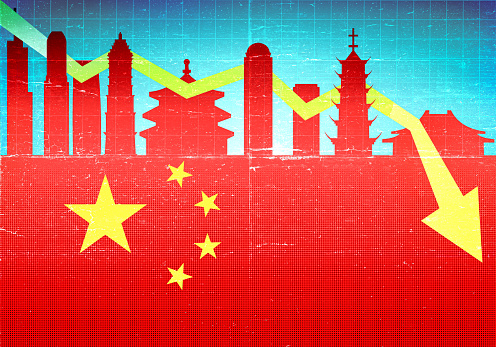Article by Usloob Khan from Finance Wing, GAEE JMI
Evergrande: The Fall of the Might Real Estate Firm
Evergrande is a well-known Chinese real estate developer. Xu Jia Yin, a Chinese billionaire businessman, founded it. The firm is a Global 500 company and owns approximately 1300 projects in over 280 Chinese cities. Today, this real estate firm creates nearly 3.8 million jobs and employs over 200,000 people each year.
Evergrande is also the largest real estate developer in China and one of the world’s largest corporations in terms of sales. For an estimated $1.7 billion, the company is currently building a lotus flower-shaped soccer stadium with a massive capacity of 100,000 spectators. Since its initial public offering in Hong Kong last year, the stock has generated around $110 billion.
Evergrande made its name in residential real estate, claiming to have “more than 1,300 projects in more than 280 cities” in China, but its interests go far beyond that. Apart from housing, the company has invested in electric vehicles, sports, and theme parks. It even owns a food and beverage company that distributes bottled water, groceries, dairy products, and other products throughout China.
Running Error of Evergrande
Evergrande’s debts have risen in recent years as the company borrowed to fund its various ventures. This company is well-known for becoming China’s most indebted developer, with liabilities exceeding $300 billion. In recent weeks, it has warned investors about cash flow issues, threatening to default if funds are not obtained quickly.
The firm borrowed money regularly to fund existing initiatives and expand its operations. This warning was emphasized when Evergrande reported that it was having difficulty finding buyers for some of its holdings in a stock market filing.
It began selling flats at a much higher price, resulting in much lower profits and intentionally purchasing the land again, but failing to implement and continuing the cycle of purchasing the land again. It also fell due to a slowdown in the Chinese real estate market, as there is less demand than previously, which exacerbated Evergrande’s crisis.
Recent Outrages against Evergrande
Last September in 2020, a leaked letter allegedly from the corporation, seeking official approval for a listing proposal, was released. It caused massive outrage and concern among investors.
In July, Guangta Bank, a Chinese bank, requested that the business’s bank deposit of approximately $20 million be frozen. The financial consequences would be far-reaching. Evergrande owes money to 171 domestic banks and 121 other financial institutions, according to reports.
Evergrande faced chaotic protests in September alone, with approximately 100 protesters, including home buyers, investors, and employers, demonstrating at the firm’s headquarters in Shenzhen, China.
Staggering Debt Pile-up against Evergrande
Evergrande’s net debt grew in tandem with these massive figures. One of the reasons for this is because the company’s billionaire founder, Xu Jiayin, is a vital member of the Chinese People’s Political Consultative Conference with a very meticulous group of people to advise with robust political connections, which tends to have a significant influence in obtaining loans.
Adding to China’s recent crackdown policy and burnout on all types of large capital businesses, Evergrande was the worst hit, with total borrowings totaling $19 billion in offshore US-dollar denominated bond markets.
The net debt of Evergrande has risen to around $305 billion. Evergrande’s interest-bearing debt stood at $89 billion at the end of June. It carries a liability equal to 2% of Chinese GDP. The company was accused of accepting loans from trusts, wealth management products, and advertisements without due diligence. Later, on September 14, the company announced that it would raise funds by auctioning off its assets, but it failed spectacularly.
Risk Bearers of the crisis
If the firm fails, banks, suppliers, house purchasers, and investors will all suffer. Evergrande liabilities affect more than 128 banks and 121 non-banking entities, with China Minsheng Bank particularly vulnerable. So far this year, the company’s share has dropped to more than 80%. The company not only holds cash from public investments but also manipulates the money invested by the general public in their wealth management portfolios.

In addition, the Indian stock market suffered as a result of the Evergrande crisis. Steel and iron ore companies’ shares fell in value as Evergrande’s business drove India’s exports. Investors have nightmares about debt repayment and are putting the firm under intense pressure.
The Fate of Evergrande
Over the past few days, the People’s Bank of China has injected some cash into the financial system to help boost liquidity in the short term and calm nerves.
The scenario appears to be frightening Chinese investors more broadly, when they are already suffering as a result of Beijing’s crackdown on private sector businesses, particularly in the technology sector. Fears of Evergrande contagion and a Chinese economic slowdown have influenced stock prices in Hong Kong, New York, and other major markets.
In comparison to a global financial crisis or collapse such as that of Lehman Brothers, Evergrande’s likely bankruptcy is unlikely to cause a systemic financial storm because the company is a real estate behemoth rather than a bank. Even if the company goes bankrupt, we can see that the majority of the losses will occur within the country and its external networks.
Article Summary: This article discusses “Evergrande Real Estate,” the world’s most indebted property developer, with over $300 billion in liabilities, and the second-largest real estate developer by sales in Mainland China. The article delves into the company’s accomplishments, ongoing projects, employment opportunities, and current stock generation. As the article progresses, it enunciates the company’s inaccuracies, resentments toward the company, mountains of debt the company must pay, and the company’s impending fate.
(Usloob Khan is a B.A.(Hons.) Economics student at Jamia Millia Islamia, Delhi, and a part of GAEE JMI, an autonomous branch of Global Association of Economics Education in India. The views expressed are personal and they do not purport to reflect the opinions or views of GAEE or its members.)
Follow Us & Stay Tuned: https://linktr.ee/gaee.jmi


Productive and beneficial article, it’s going to be very effective.
Thank you so much!